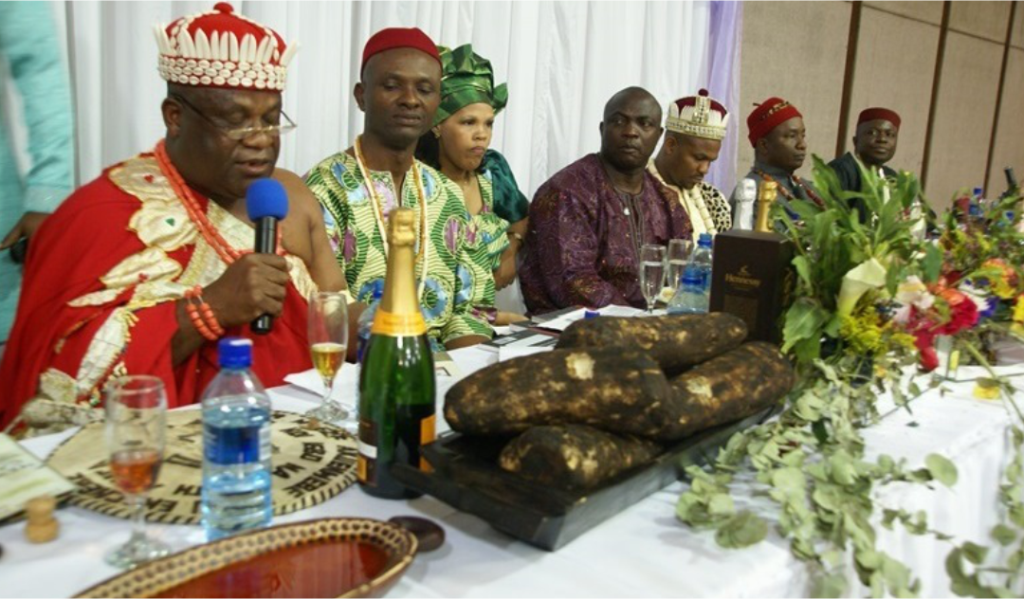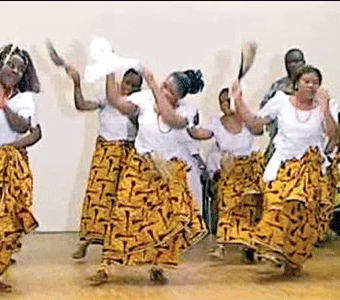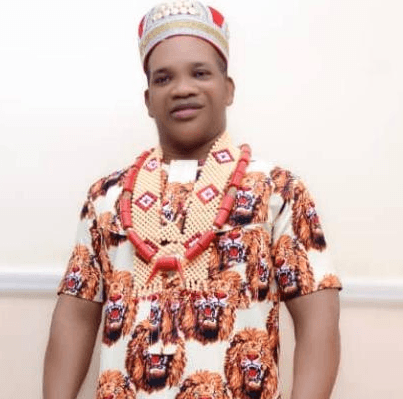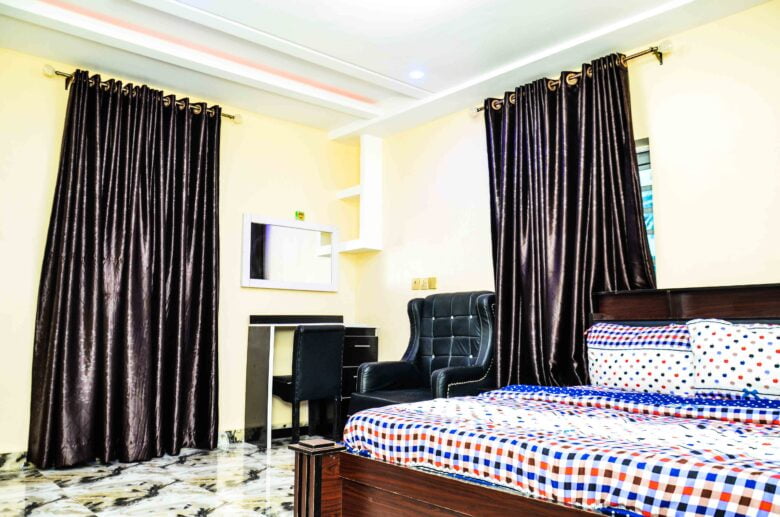Traditions and culture are essential pillars in Nigerian communities, shaping identities, values, and social bonds. With over 250 ethnic groups, each region has unique customs that bring people together, preserving heritage and guiding daily life.

1. Preserving Identity and Heritage
Traditions connect Nigerians to their roots, maintaining a strong sense of identity. Practices around naming, marriage, and festivals carry deep meaning and honor ancestral ties. For example, Yoruba people celebrate the Oríkì, a praise poetry that reflects family heritage, while Igbo communities honor the Iri Ji (New Yam Festival), showing gratitude for harvests and reinforcing agricultural practices. Through these customs, Nigerians bridge the past with the present, creating a legacy for future generations.
2. Strengthening Community Bonds
Traditions in Nigeria are community-focused, fostering unity within families and neighborhoods. Celebrations such as weddings, harvests, and religious observances bring people together, emphasizing shared joy and support. In the North, Muslim communities share food during Ramadan, fostering interfaith respect and unity. This sense of community reinforces the idea that everyone belongs and is valued.

3. Transmitting Values and Morals
Storytelling, proverbs, and rites of passage are central to teaching values in Nigeria. Elders share folklore, conveying lessons on resilience, honesty, and respect. In Igbo culture, animal fables teach moral lessons, while Hausa tales highlight virtues like loyalty and integrity. These traditions help shape young minds, instilling essential values for adulthood.
4. Promoting Peace and Conflict Resolution
Culture is a vital tool for peacekeeping in Nigerian communities. Elders, as custodians of wisdom, mediate conflicts with traditional methods, using proverbs to convey understanding and harmony. In Yoruba communities, the Alágbà (village elder) uses allegory to help resolve conflicts, ensuring peace and mutual respect without prolonged resentment.
5. Celebrating Diversity and Promoting Tolerance
Nigeria’s diversity is its strength, and traditions highlight this richness. Festivals like the Durbar in the North and Ofala in the East showcase each region’s culture, bringing communities together in celebration. These gatherings foster respect across ethnicities, promoting tolerance and shared appreciation.

6. Providing Stability in a Changing World
Amid modern influences, cultural traditions offer stability, reminding younger generations of their roots. While urban families may not observe all customs, returning to their villages for major celebrations maintains a link between the old and new. This balance helps Nigerians embrace modernity while preserving their heritage.
Conclusion: Culture as the Heartbeat of Nigerian Society
Traditions and culture are the foundation of Nigerian life. They foster identity, unity, and moral guidance, creating a society rooted in respect and tolerance. As Nigerians move forward, honoring these practices keeps them connected to their past and strengthens bonds within diverse communities. Omenma Hotels encourages to enjoy and celebrate our identity.

